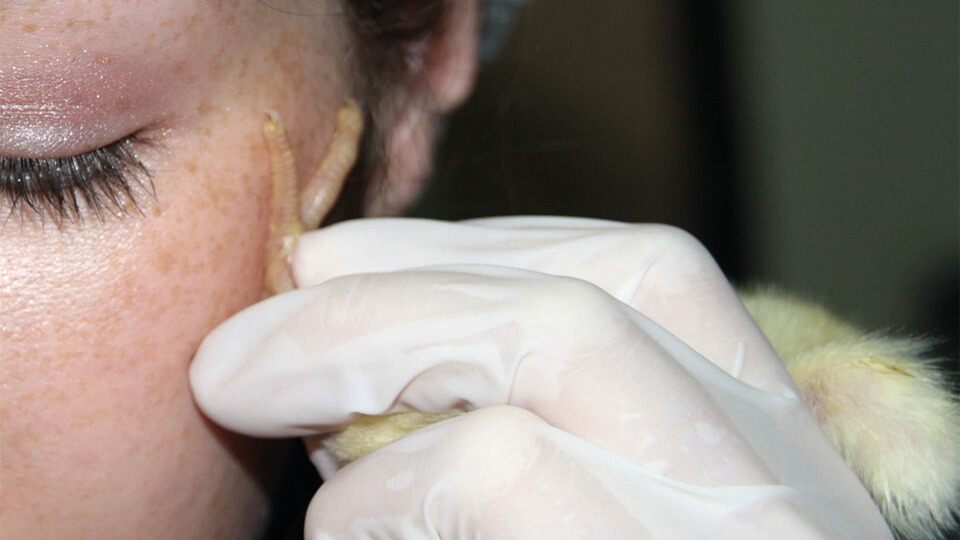Effets indésirables des anti-inflammatoires en productions animales

Auteurs
Résumé
La prise en compte du bien-être animal conduit à une augmentation de la prescription des anti-inflammatoires, dont l’usage est devenu quotidien en productions animales. Deux grandes familles coexistent dans cette classe thérapeutique : les anti-inflammatoires stéroïdiens (AIS, ou corticostéroïdes) et les anti-inflammatoires non stéroïdiens (AINS). Ces molécules indispensables à l’arsenal des médicaments vétérinaires présentent peu d’effets indésirables chez les ruminants polygastriques, à l’exception du risque abortif pour les corticostéroïdes, et essentiellement des risques digestifs chez les monogastriques, surtout lors d’exposition orale et/ou chronique.
Abstract
The fact of taking into account animal welfare has increased the prescription of anti-inflammatory drugs and their use has become very common in animal production. Two major families of drug coexist in this class of therapeutic molecules: steroidal anti-inflammatory drugs (SAID, or corticosteroids) and non-steroidal anti-inflammatory drugs (NSAID). These molecules are essential in veterinary medicine and generally have few undesirable side-effects in ruminants, except for a risk of abortion in the case of corticosteroids. In single-stomached animals oral and/or chronic exposition can cause digestive problems.
D'autres articles
JNGTV GTV2020 Page 633
Bovins · Diagnostic


